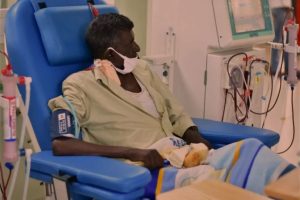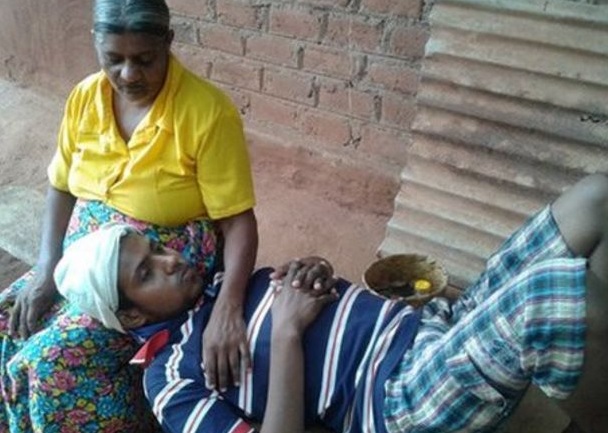In rural Sri Lanka, particularly in the Polonnaruwa district, there’s a concerning prevalence of chronic kidney disease of unknown cause (CKDu), affecting a significant portion of the population, points out a recent Aljazera news report. This despite a number of government health care interventions .

U Subasinha, of Polonaruwa has who have been grappling with kidney problems for years. Subasinha, for instance, has to undergo dialysis four times a week, facing financial strain to cover medical expenses.
Since 1992, Sri Lanka has reported the highest incidence of CKDu in the South Asian region, including approximately 180,000 suffering from the disease and approximately 50,000 reported deaths
While the exact cause of CKDu remains unclear, researchers speculate about various environmental factors, including exposure to agrochemicals, contaminated water sources, and lifestyle habits like chronic dehydration among farmers and fishermen. How ever despite millions of dollers been spent on research a conclusive answer is yet to be found.
Many struggle to afford treatment, leading to crippling debts and financial hardships.
Healthcare Accessibility
Despite the prevalence of kidney disease in these rural communities, access to healthcare services, including diagnostics and treatment, remains limited. Government-provided healthcare often falls short, leaving individuals to bear the burden of medical expenses.
Need for Education and Intervention:
There’s a pressing need for education and intervention programs to address the underlying causes of CKDu and promote preventative measures. These initiatives should focus on reducing agrochemical usage, improving access to clean drinking water, and raising awareness about kidney health.
Link to Aljazera Report







